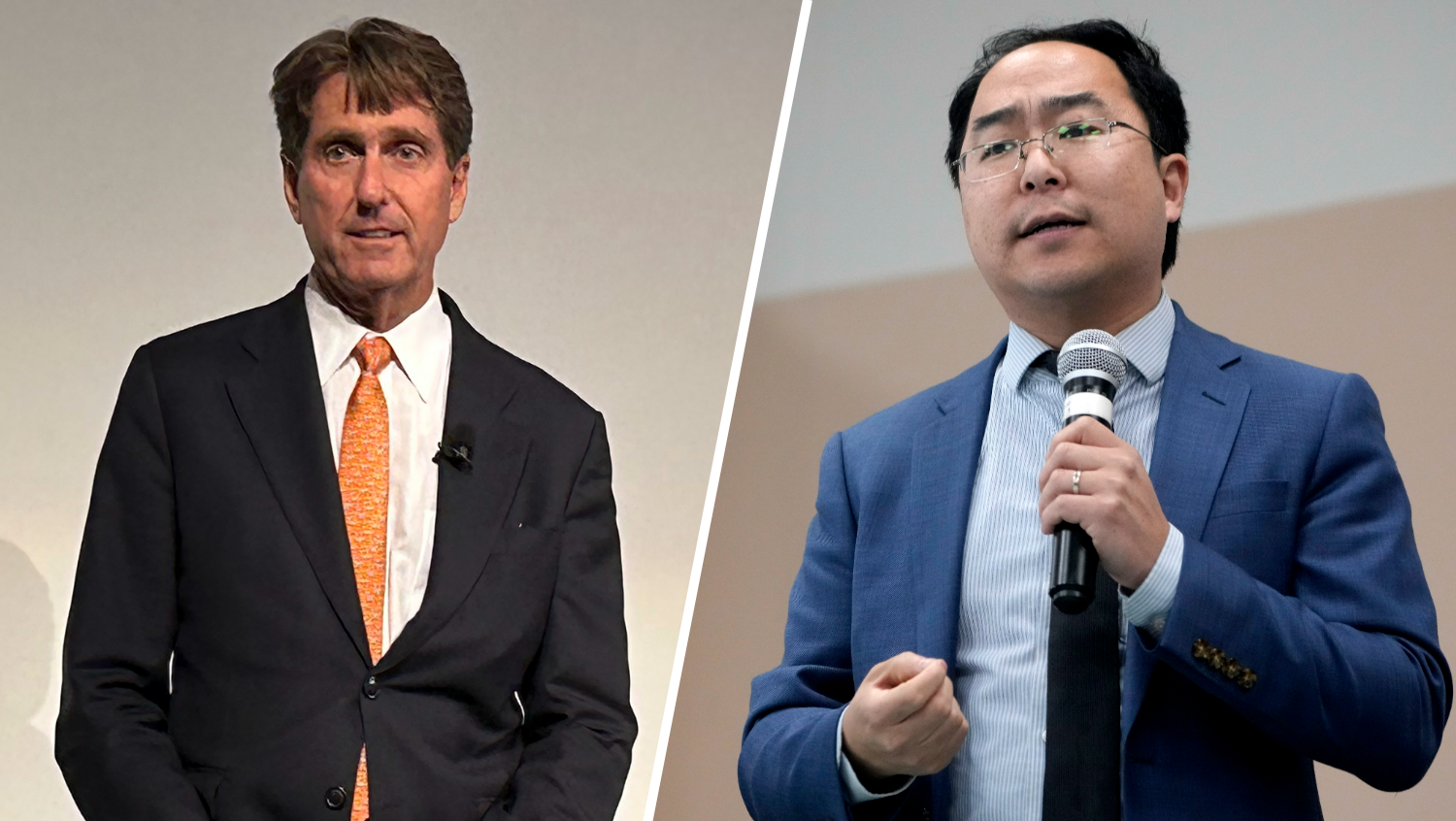London, England might be known for its red double-decker busses, but New Jersey could have its own take on that iconic mode of transportation as a new line of double decker trains is set to hit the rails.
On Wednesday, Oct. 30, 2024, New Jersey officials unveiled, what NJ Transit called in a statement, the "next generation of multilevel rail cars."
These trains, officials said, are the first of their kind in North America.
In a statement, officials said the Multilevel III rail car revealed this week was one of 174 planned to help "significantly improve reliability, capacity and customer comfort."
Get top local stories in Philly delivered to you every morning. Sign up for NBC Philadelphia's News Headlines newsletter.
“Providing modern, reliable equipment is a critical component to improving New Jersey’s infrastructure, particularly with regard to public transit,” said New Jersey Governor Phil Murphy said in a statement. “These multilevel rail cars are equipped with innovative features that meet the everyday needs of our commuters. Upon their completion, these upgraded rail cars will expand access to reliable and comfortable transportation for NJ Transit riders.”
Governor Murphy and said NJ Transit President Kevin Corbett previewed the first of 174 Multilevel III cars this week and they displayed many of the new car’s amenities, which officials said include USB charging ports and onboard information displays.
The new cars, manufactured by Alstom Transportation in Plattsburgh, NY, will offer a range of benefits over the older, 40+ year-old single level cars they will replace, and, in a statement, NJ Transit officials said the cars would offer a "dramatic improvement in mechanical reliability."
Local
Breaking news and the stories that matter to your neighborhood.
With these new trains, officials said that vehicle maximum speed will increase to 110 miles per hour and will be self-propelled and won't need to rely on a separate locomotive.
The cars, which officials said will begin entering service mid-next year, will be compliant with the latest federal regulations, including Positive Train Control.
Sign up for our Breaking newsletter to get the most urgent news stories in your inbox.



